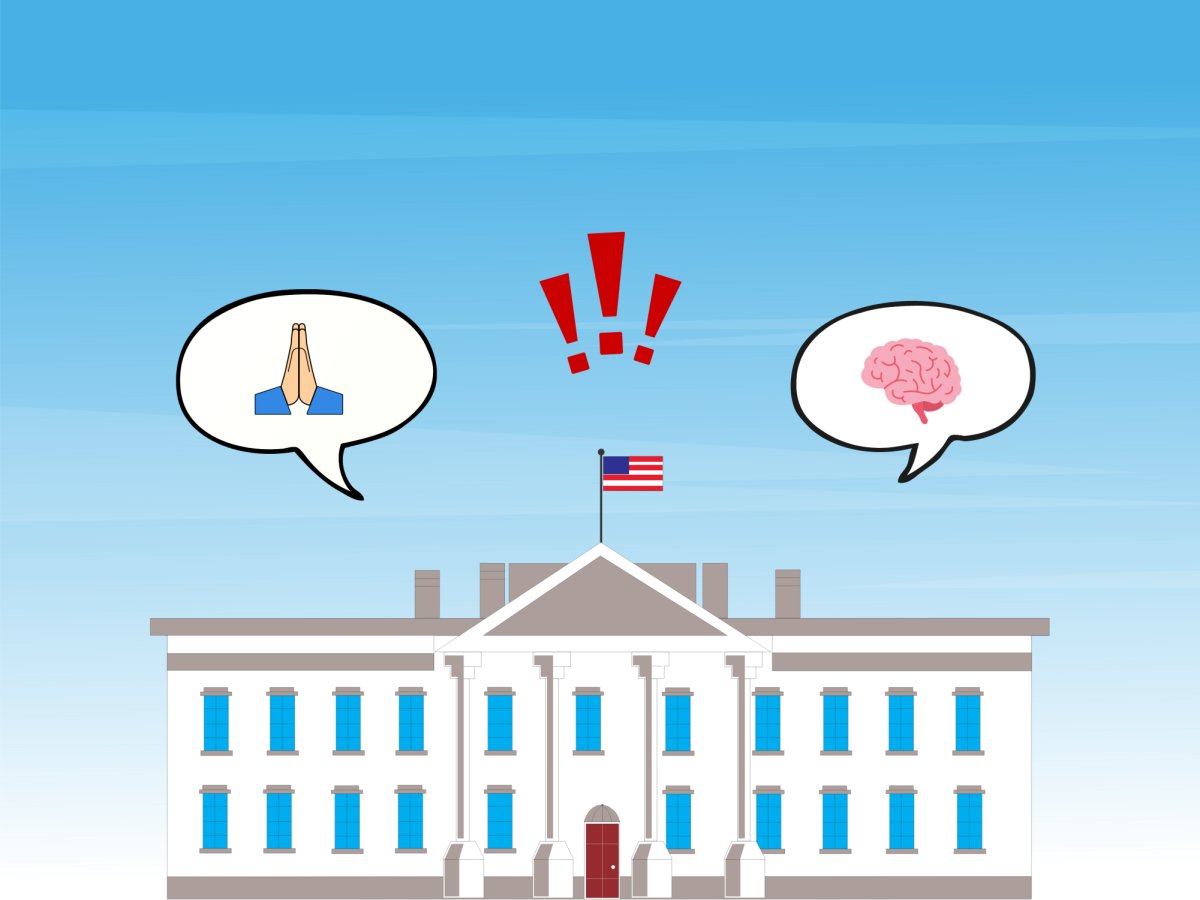Spend time at your local library
As a lowly circulation assistant, my work at the front desk of my local public library isn’t glamorous. I don’t have a Masters of Library Science degree (though now I know I’d definitely like to pursue one), and I don’t get to lounge all shift long, reading stacks of books to my heart’s content.
I do, however, interact with the public in a way unlike any other front desk receptionist. My time there has convinced me that libraries are here to stay, no matter how much technology remodels our world.
Thanks to such a unique work environment, I’m offered a perspective not only on the people in my community and the kind of services they require, but also on librarians and the scope of what they provide to the people.
I’ve discovered that public libraries aren’t simply study spots; they aren’t solely for checking out books or finding the latest magazine issues; and they aren’t outdated, dusty buildings full of nothing but scholarly people locating call numbers for old-fashioned patrons who still prefer print over digital materials.
Libraries are beacons of empowerment. They exist to help us locate resources that we need, and then show us how to put them to work. They spark the inspiration we all need, regardless of our age or walk of life.
From resume workshops and book club discussions to math tutoring and Medicare assistance, public libraries are constantly trying to learn how their communities need support and what they can do to contribute. They’re constantly evolving, looking for ways to empower their patrons by enabling them to be self-sufficient so they can care for themselves and their families, and successfully reach their goals and dreams.
Libraries serve the underserved. This reality is huge. We all feel empowered when armed with the resources we need to function, grow and thrive. Yet so many people lack these resources, and public libraries step in to fill this gap.
I see it daily. A recent widow, feeling vulnerable, asking for help using the computer. She needs to know which website to visit to print tax forms, or how to order the special light bulbs only her husband used to know how to find.
A disheartened elderly man who is going blind (who walked ten blocks to get to us) and wants to learn how to use audio-books so he isn’t stripped of the joy and comfort of his favorite pastime, reading.
A woman whose second language is English and has difficulty understanding the medical bills she receives in the mail. The doctor’s offices and insurance companies don’t have the time or the patience to “deal” with her when she asks them questions, so they pass her off to the next call center representative until she’s lost in a vicious cycle of dead-end phone calls with no real answers.
A high school kid who seeks refuge on one of our couches until closing time because she doesn’t want to go home, where a toxic, abusive family life awaits after a long school day. I could go on and on.
Librarians are passionate advocates. Yes, they encourage literacy and lifelong learning and they can place a hold on that new Stephen King release for you. But they are so much more than the Dewey Decimal system and human encyclopedias. They wear countless hats, from mentor and advisor to social worker and everything in between.
It’s true, some of the stereotypes about librarians are absolutely accurate. Many are quiet, introverts and crazy cat people, but it’s those quirks and their nerdy nature that make them so valuable.
Their areas of expertise are often specific, so they are knowledgeable in very niche subjects that the average person isn’t familiar with. They’re also interesting people who have experienced varied life paths and their journeys enrich the branches they serve simply by being there, by being accessible.
The patrons who visit my workplace are as colorful and diverse as the books on our shelves. Each person who walks through the doors comes in hungry for in-person interactions, empathy and real connection.
Libraries will always provide something that no app, device or digital encyclopedia can ever offer: human service. They preserve the human element, and that’s why they’ll never die.













































